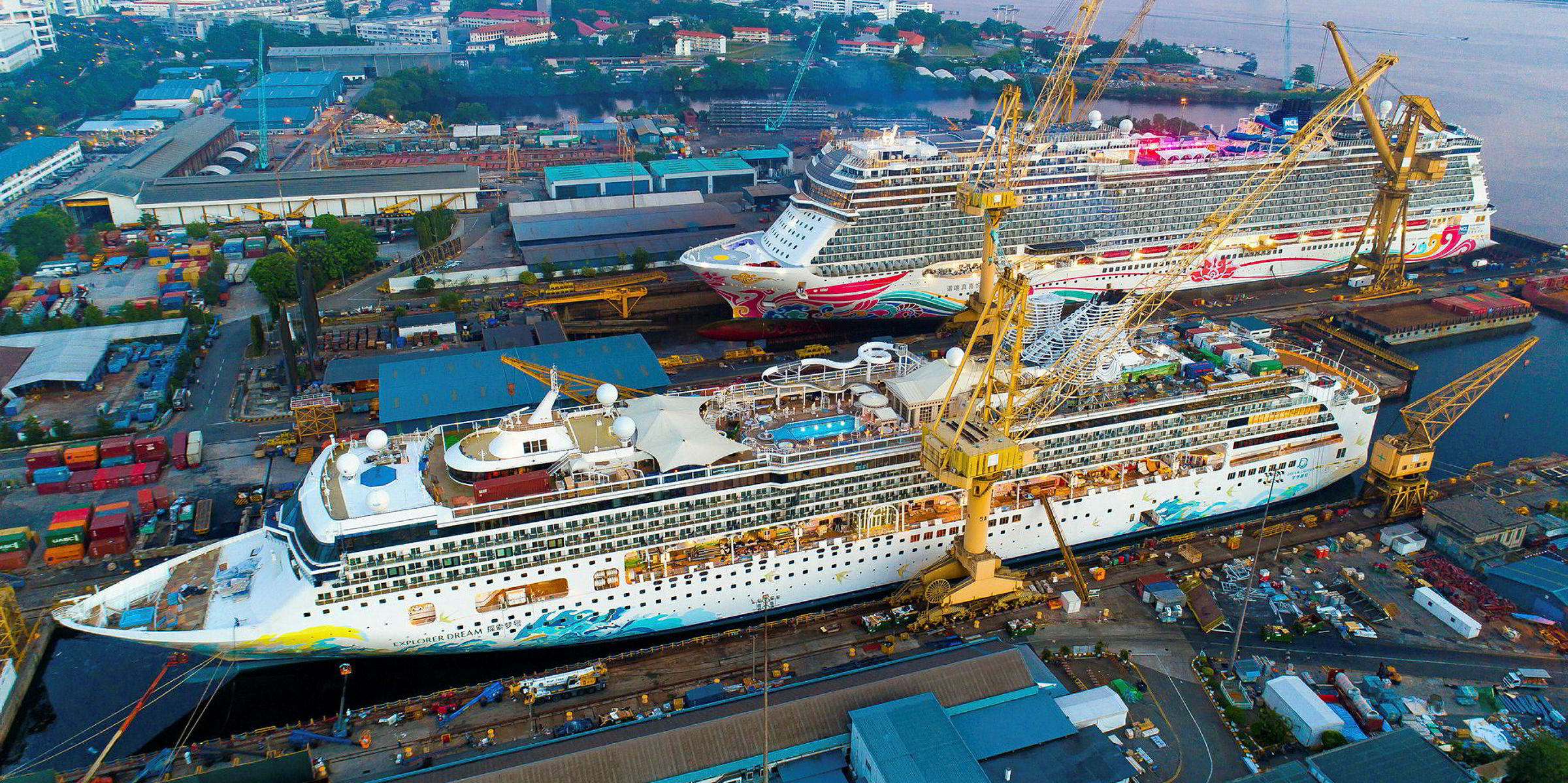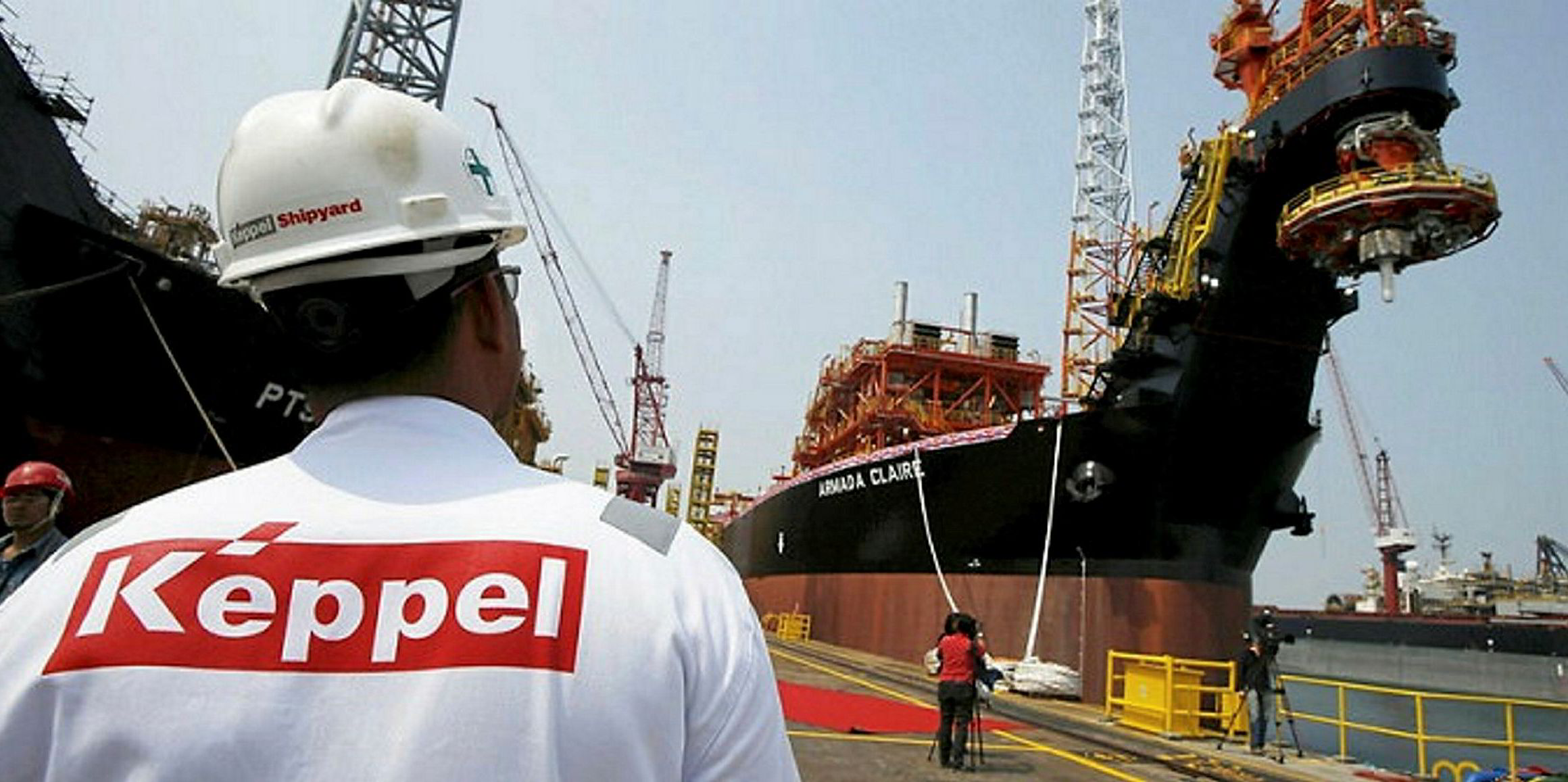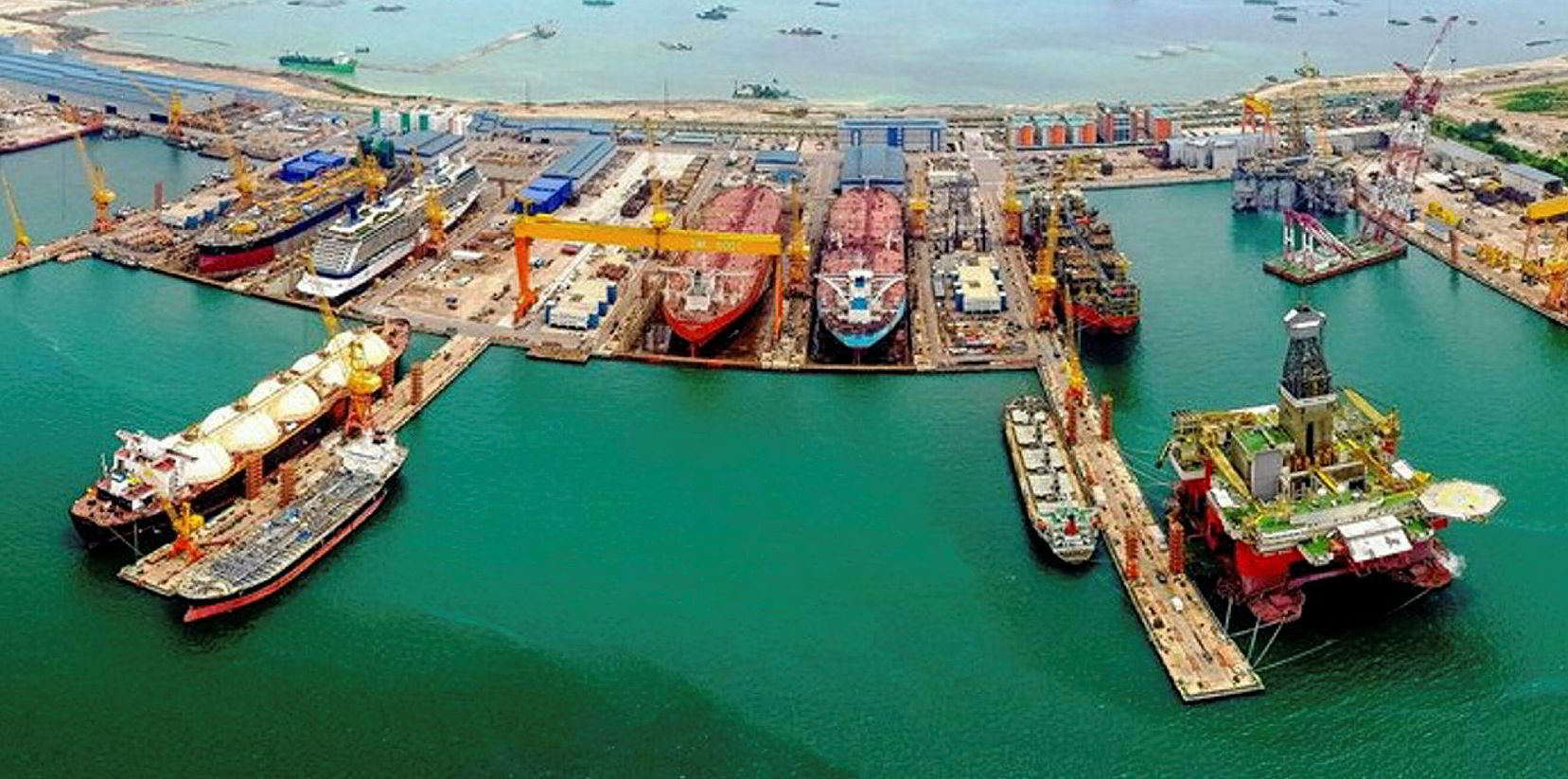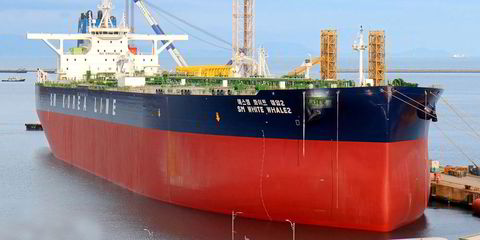Singaporean shipyard group Sembcorp Marine plans to raise SGD 2.1bn ($1.5bn) in a move that will see it spin off from parent Sembcorp Industries.
The effort, which involves a proposed renounceable rights issue, could pave the way for Singpore sovereign wealth fund Temasek Holdings to conduct a full takeover.
Senior managers from the three companies said on Monday that Sembcorp Marine will issue five rights Sembcorp Marine share held, at a price of SGD 0.20 per share.
Sembcorp Industries, which owns 61% of Sembcorp Industries, has undertaken to subscribe for its pro rata entitlement of SGD 1.27bn and take up an additional SGD 230m to bring its total commitment up to SGD 1.5bn if necessary
Sembcorp Industries will set off an outstanding SGD 1.5bn subordinated loan that it extended to Sembcorp Marine in June 2019 to subscribe to the rights issue. The loan will convert into equity on Sembcorp Marine’s balance sheet.
Temasek has agreed to sub-underwrite the remaining SGD 600m of the rights issue with no sub-underwriting fees.
Following the rights issue, Sembcorp Industries will demerge itself from Sembcorp Industries by distributing its stake in the recapitalised shipyard group to shareholders as dividends.
Temasek, which is already has a 49.3% stake in Sembcorp Industries, would then become a significant shareholder in Sembcorp Marine, with a stake of more than 29%.
If Temasek ends up holding more than 30%, a mandatory takeover offer will be triggered. The proposal requires Sembcorp Industries’ shareholders to waive their rights to receive a mandatory take-over offer, which would make the process automatic.
That would leave Sembcorp Marine with an additional cash reserve of $600m and Temasek as its sole shareholder.
SembCorp Industries and SembCorp Marine shareholders will vote on the proposal at EGM’s that will be held in august. The proposed distribution and the rights issue are inter-conditional, and will only proceed if shareholder approvals are received for all resolutions at both companies.
Gaining financial strength
Sembcorp Industries chief executive Neil McGregor and Sembcorp Marine counterpart Wong Weng Sun both made no attempt to hide the significant impact that the prolonged downturn in the oil and gas sector and the Covid-19 coronavirus outbreak have had on Sembcorp Marine’s finances.
The shipyard group, which derives the bulk of its revenue from building FPSOs, rigs, platforms and other offshore structures, has seen its profits wiped out from the downturn in the offshore sector since 2015.
In the three years prior to the downturn, the gorup earned healthy pre-tax profits of over SGD 600m per year, on the back of strong order books for drilling rigs and other major offshore projects.
Since then, with reduced order books, its financial performance has suffered a steep slide, resulting in pre-tax losses of SGD 16m in 2017, SGD 101m in 2018 and SGD 177m in 2019.
In 2020, having positioned itself for recovery, the yard group was unexpectedly hit by the Covid-19 pandemic and the sudden collapse in oil prices.
Not only did this lead to massive capital expenditure cuts by oil and gas companies and deferrals of investment decisions, the Singapore government's coronavirus circuit-breaker measures have also led to a temporarily halt in yard activities, which have caused project execution delays.
It has also disrupted supply chains and added further serious uncertainties going forward.
This has put significant pressure on its liquidity and working capital requirements.
Wong admitted that with new orders likely to remain depressed for a prolonged period, the Sembcorp Marine now foresees that recovery will be pushed out further to 2021 and beyond.
“We believe that the rights issue will give us much needed financial strength to ride through the prolonged industry downturn and prepare for recovery. This recapitalisation will improve our cash position, fund ongoing financial commitments, strengthen our balance sheet and ensure long-term viability,” he explained.
Wong added that in the future Sembcorp Marine would like to reduce its dependence on drilling and focus on the gas energy chain, including building land and marine infrastructure and LNG-powered vessels.








